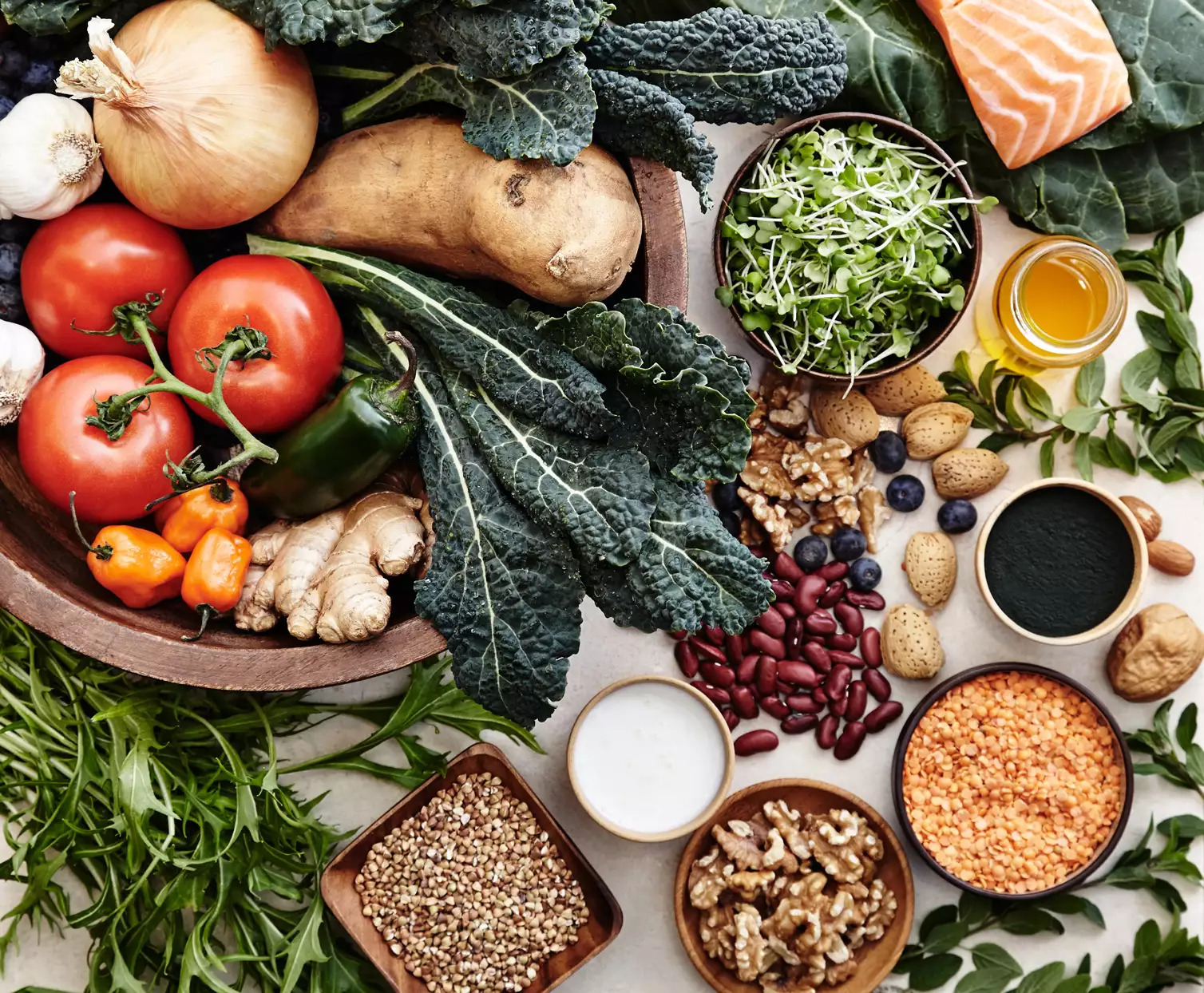The Best Iron-Rich Foods to Put on Your Grocery List, According to Dietitians
Wondering what foods are high in iron? We've got a list of iron-rich foods to add to your menus. You'll also learn from dietitians about the importance of iron and the signs to look for if you have an iron deficiency.
The first time I ever tried to donate blood, I was told my iron count was too low to participate. Turns out I'm not alone, as having an iron deficiency is more common than you might think—especially these days. According to a study published in The Journal of Nutrition, iron consumption in America decreased as much as 9% from 1999 to 2018. This means up to 10% of the population could have iron deficiency anemia. One possible reason for this is a significant portion of the country opting for more plant-based diets, which can lack sufficient natural sources of iron common in animal sources such as red meat. Does this mean you should be loading up on steak? You could, but it's not necessary. Read on for a list of the best iron-rich foods (both animal- and plant-based) to add to your menu as well as some helpful info from experts on the importance of iron and iron deficiency signs to look out for.
Foods High in Iron
There are two types of iron found in foods: heme and non-heme iron. Heme iron (found in meat, fish, and poultry) is most readily absorbed by our bodies. However, there are plenty of plant-based (non-heme) sources for vegans, vegetarians, and flexitarians to obtain iron—the only difference is making sure you're also adding proper vitamins (more on this later) to help your body absorb the iron.
Animal-Based Iron Food Sources
Animal sources with the highest amount of iron include:
- Beef
- Chicken
- Clams
- Eggs
- Lamb
- Liver
- Mackerel
- Oysters
- Pork
- Sardines
- Scallops
- Tuna
- Turkey
Plant-Based Iron-Rich Foods
There are some myths about people following vegan diets not being able to get enough iron. Nichole Dandrea, RD, of Purelyplanted, says many "plant-based foods are also very rich in vitamin C and carotenoids, which can increase iron absorption five-fold and three-fold." Here are some plant-based foods high in iron. Many contain high amounts of vitamin C and/or carotenoids such as beta carotene (the plant-based version of vitamin A).
- Alliums (i.e. garlic and onions)
- Beans
- Bok choy
- Broccoli
- Leafy greens (i.e. collards, spinach, and kale)
- Lentils
- Nuts
- Prunes and other dried fruits (i.e. apricots, dates, figs, and raisins)
- Quinoa
- Strawberries
- Sweet potatoes
- Tofu
- Tomato products (i.e. tomato paste, stewed tomatoes)
- Watermelon
- Whole-wheat products
What Is Iron and Why Do We Need It?
Iron is an essential mineral throughout the human life cycle, including human growth and brain development. Iron is needed to make hemoglobin and myoglobin, important proteins in red blood cells that carry oxygen throughout your body and muscles. "Without enough iron in your diet, you could have trouble getting oxygen to your organs and muscles, which can cause problems like fatigue and shortness of breath, among others," says Brittany Lubeck, RD, and consultant for Oh So Spotless. She says iron is essential to make other proteins your body needs for various functions, like making collagen and certain cell messengers called neurotransmitters. Lubeck also points out that iron plays a huge role in developing our immune system. "If you do not have enough of the mineral in your diet, your immunity could decline."
How Much Iron Do We Need?
The Dietary Guidelines for Americans recommend on average that men need 8 mg of iron per day and women need 18 mg of iron per day.
Signs of Iron Deficiency
"The hallmark symptom of iron deficiency is fatigue," says Elena Paravantes, RD, of OliveTomato. Other symptoms include shortness of breath, cold hands and feet, pale skin, irregular heartbeat, and general weakness. You might also crave strange non-food items such as ice, clay, or dirt. If you have an iron deficiency, Paravantes recommends speaking with your doctor to confirm the reason that you have this deficiency. "It may be caused by increased blood loss, and you may be required to do additional tests."
Maintaining a healthy, balanced diet containing good sources of iron-rich foods is key to preventing iron deficiency. Try one of these healthy beef recipes for dinner and be sure to balance it out with a vitamin-rich veggie side. If you're already eating plant-based, these easy vegan dinner recipes will keep your menu fresh.
